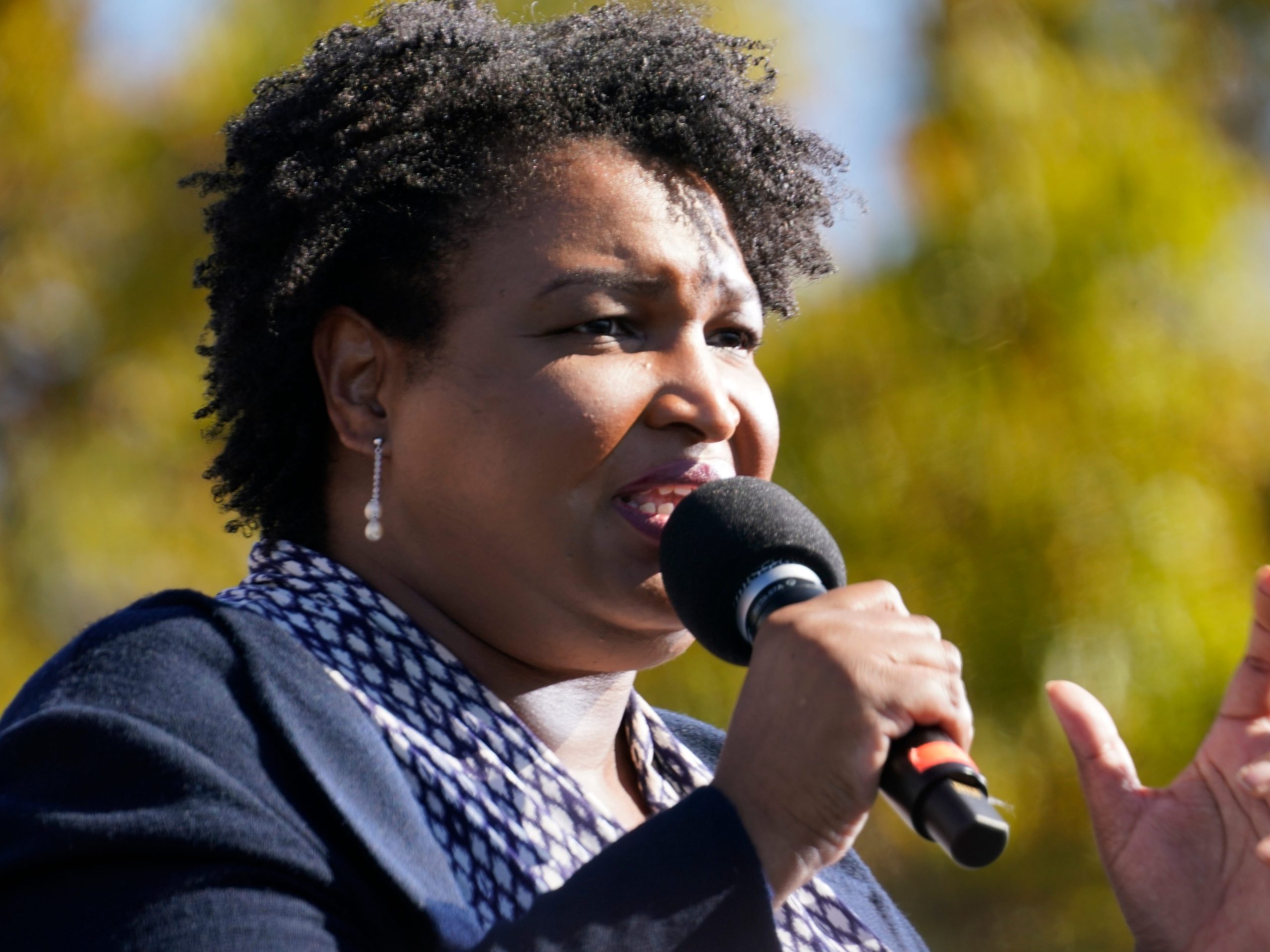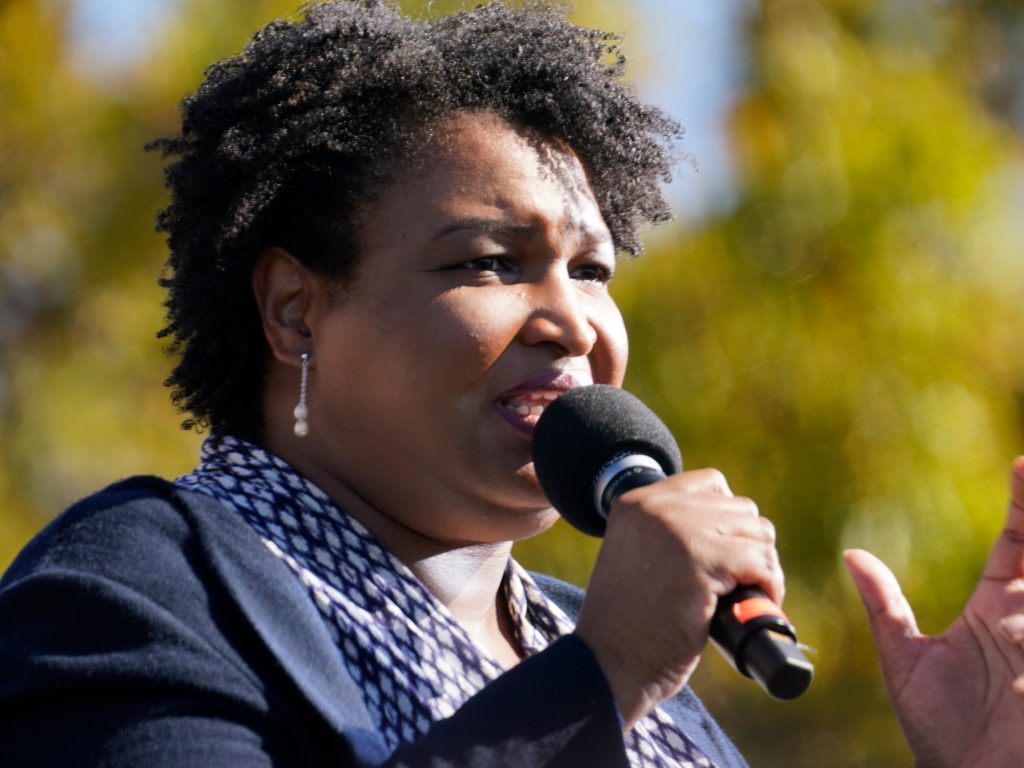
AP Photo/Brynn Anderson, File
- Stacey Abrams' PAC donated $1.34 million to wipe out medical debt for 108,000 people from 5 states.
- The effort was aimed at those in states like Georgia and Alabama without Medicaid expansion.
- Medical debt totals to $140 billion in the US, and healthcare costs are continuing to rise.
Medical debt in America currently totals $140 billion, and failure to expand Medicaid in some states has pushed those people to carry huge hospital bills. Stacey Abrams – a prominent Democratic activist – donated $1 million to change that.
The Associated Press reported on October 27 that Abrams' Fair Fight Political Action Committee donated $1.34 million to the nonprofit organization RIP Medical Debt to wipe out $212 million in medical debt for 108,000 people in Georgia, Arizona, Louisiana, Mississippi, and Alabama. According to Fair Fight's press release, debtors will be notified of the relief via a yellow envelope in the mail, and it comes alongside the committee's efforts to promote full Medicaid expansion across the country.
"I know firsthand how medical costs and a broken healthcare system put families further and further in debt," Abrams said in a statement. "Across the Sunbelt and in the South, this problem is exacerbated in states like Georgia where failed leaders have callously refused to expand Medicaid, even during a pandemic. "
While Arizona and Louisiana have expanded Medicaid, Republican leadership in Georgia, Mississippi, and Alabama have blocked the expansion, making the medical debt burden in the South 30% higher than for those in the North. Fair Fight also noted that rural hospitals are closing at a rate 4.5 times higher in states that are not expanding Medicaid, compared to those who are.
Here is the relief breakdown for the 108,000 medical debtors, according to the press release:
- Georgia: $123,193,570.70 million in debt relief for 68,685 individuals;
- Louisiana: $17.476,259.35 million in debt relief for 8,265 individuals;
- Alabama: $1,857,166.42 million in debt relief for 1,953 individuals;
- Mississippi: $2,350,757.12 million in debt relief for 2,058 individuals;
- and Arizona: $67,904,064.13 million in debt relief for 27,282 individuals.
Stanford economist Neale Mahoney published a study in July that found that 23.8% of all residents in the South have medical debt, and by 2020, people had more medical debt in collections than they had in debt from all other sources combined, including credit cards, phone bills, and utilities. Mahoney called the rise of medical debt "a pretty stunning and uniquely American phenomenon."
"This is a classic case of the rich getting richer and the poor getting poorer," Mahoney told Stanford's Institute for Economic Policy Research.
While most forms of debt, like student debt and medical debt, can cause wage garnishment and impact credit scores if the borrower cannot afford to make consistent payments, medical debt differs in that the borrower often cannot choose whether they want to incur that debt - when it comes to a health emergency, it's often unavoidable.
That's why a number of Democratic lawmakers have had expanding Medicare coverage, and reducing medical debt, on their agendas. Vermont Sen. Bernie Sanders proposed during his presidential campaign to eliminate medical debt altogether, and Sens. Raphael Warnock and Jon Ossoff of Georgia and Tammy Baldwin of Wisconsin, who represent states without the Medicare expansion, introduced legislation in July to allow the federal government to expand coverage to those states.
"Expanding Medicaid is the single most effective solution to closing our state's coverage gap," Warnock said in a July press call.
